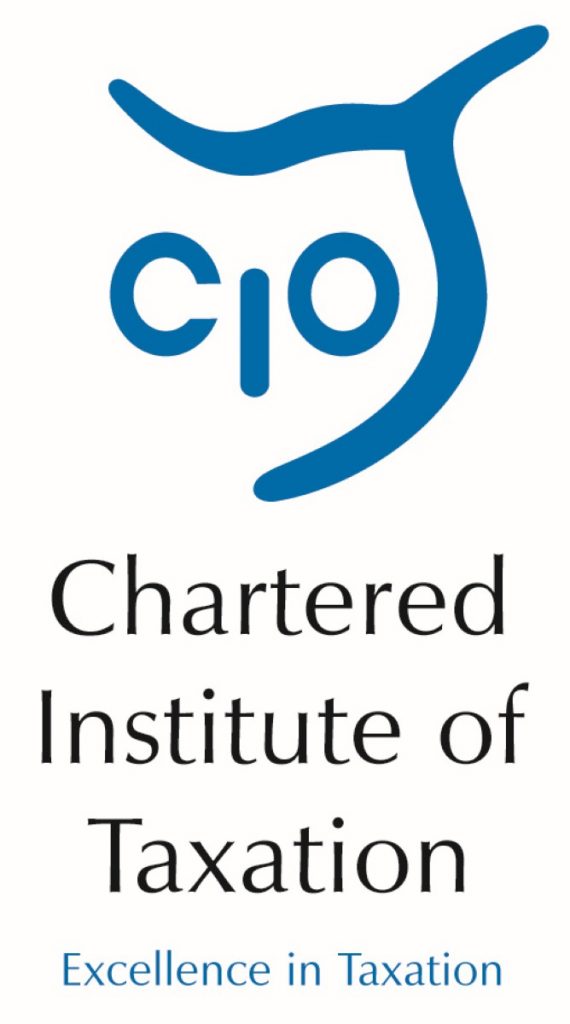Commenting following the Scottish Parliament’s vote this evening (20 June) to approve the Air Departure Tax (Scotland) Bill, Moira Kelly, chair of the Chartered Institute of Taxation’s Scottish Technical Committee, said:
“Today’s vote marks another important milestone in Scotland’s tax devolution journey, creating the framework that will enable Air Departure Tax (ADT) to be wholly administered and collected north of the border.
“However, we remain none the wiser as to how the Scottish Government’s stated policy objectives for the bill – supporting improved connectivity and sustainable economic growth – will be reflected in the rates and bands of the new tax when it takes effect from April next year.
“By failing to include the detail of who will pay what in primary legislation and by deferring this detail until later in the year, the Scottish Government has missed an opportunity to provide those impacted by the tax – passengers, airlines and airports – with advanced notice of what they will pay in the future and how this compares with the outgoing regime it has been designed to replace.
“We think that the government has adopted an encouraging and proactive approach to setting out its priorities for, and approach to, designing Scotland’s devolved taxes. But a lack of detailed consultation about rates and bands has the potential to hamper this broadly consultative approach and risks reduced scrutiny.”1
The Scottish Government has indicated that it will set out the detail around the proposed rates and bands for ADT in secondary legislation. This legislation is expected to be introduced following the summer recess.
Notes for editors
1. In January 2017, the Chartered Institute of Taxation, Institute for Government and Institute for Fiscal Studies published Better Budgets: making tax policy better. The report outlines ten steps toward improving the UK’s tax policymaking process, including improved consultation and scrutiny of tax policy measures.
2. The Chartered Institute of Taxation (CIOT)
The CIOT is the leading professional body in the United Kingdom concerned solely with taxation. The CIOT is an educational charity, promoting education and study of the administration and practice of taxation. One of our key aims is to work for a better, more efficient, tax system for all affected by it – taxpayers, their advisers and the authorities. The CIOT’s work covers all aspects of taxation, including direct and indirect taxes and duties. Through our Low Incomes Tax Reform Group (LITRG), the CIOT has a particular focus on improving the tax system, including tax credits and benefits, for the unrepresented taxpayer.
The CIOT draws on our members’ experience in private practice, commerce and industry, government and academia to improve tax administration and propose and explain how tax policy objectives can most effectively be achieved. We also link to, and draw on, similar leading professional tax bodies in other countries. The CIOT’s comments and recommendations on tax issues are made in line with our charitable objectives: we are politically neutral in our work.
The CIOT’s 18,000 members have the practising title of ‘Chartered Tax Adviser’ and the designatory letters ‘CTA’, to represent the leading tax qualification.
Contact: Hamant Verma, External Relations Officer, 0207 340 2702 HVerma@ciot.org.uk (Out of hours contact: George Crozier, 07740 477 374)





-01.png)